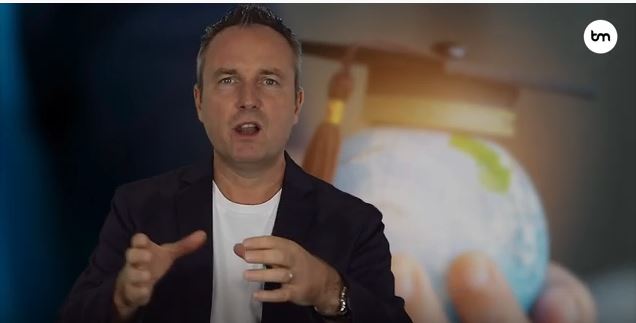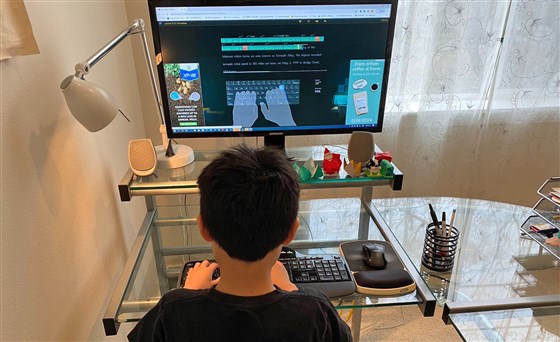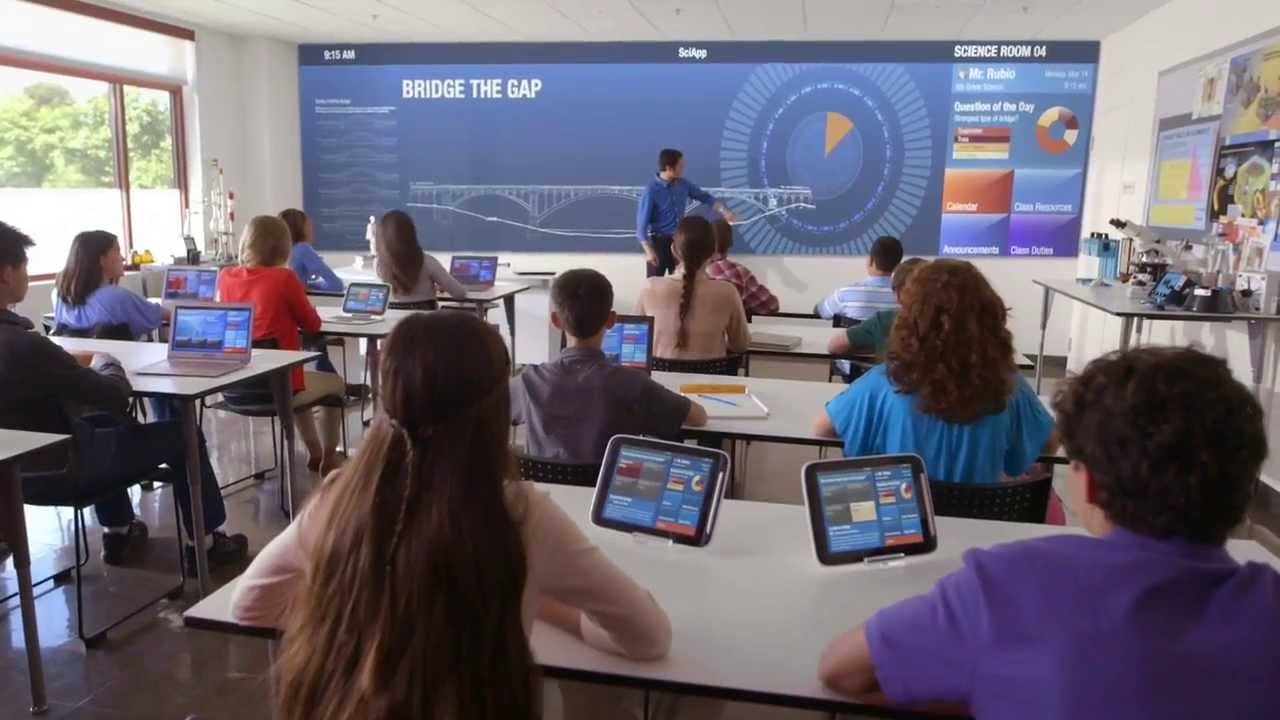Bernard Marr is an international name in book sales related to future science, information management, artificial intelligence, and education technology, which is why many institutions and governments rely on him as an accredited consultant. He emphasizes in his programs and book series that learning is a lifelong process, and otherwise we will not go into a future that needs different skills than we are used to, and always emphasizes that the role of the teacher is no longer to explain the devoted curriculum but to open the doors of knowledge and motivate the young people who fly around him and carry!
In the following lines, we will feature some of the most important golden tips to really enable students to go through working life at a competitive level that will succeed.
5 Challenges to Smart Learning
Bernard Marr says in a published article that five challenges depend on success, especially as education technology has become an area of competition among major countries; china’s education market alone will reach $715 billion by 2025, dominated by seven billionaires, including Li Yongxin, the sponsor of technology. Remote training.
artificial intelligence will play a critical role in creating more learning opportunities away from adhering to traditional school frameworks, and through 5G-related technologies to utilize data and knowledge in general,” mar said.
But to do so, any institution has to think about those challenges:
1- The extent to which educational opportunities are available:
The United Nations estimates that more than 263 million children do not have full-time education, including the absence of a qualified educational facility, which reinforces the importance of online education because it can be made available in remote areas and can receive cross-border curricula, which are technologically overcome by technology Education.
-
Availability of textbooks
Technology facilitates the provision of digital textbooks with all the ease of storing, interacting, saving a lot of money, keeping curricula tailored to the needs and environment of learners, as well as empowering people with special mental and physical needs.
3-Access to information and data
Education technology has made it easier for educators and institutions to make effective use of data, and to measure student achievement results according to statistics and data integrated at the enterprise level as a whole, and also helps teachers to submit curricula and draw new plans.
-
Personal distance education
This experience has become much easier for those who have previously been denied learning opportunities, or who have the continuing motivation to develop their skills, and who are able to take academic courses, take their tests, get excellent degrees and educational experiences.
-
Virtual learning
Augmented, virtual and mixed reality, new virtual reality patterns through modern stereoscopic technologies, allow students to engage in great experiences to expand their knowledge directly to interact with it, such as reviewing life in ancient Egypt through virtual life in all its dazzling vocabulary through VR headset, chat robots can lecture via chat messages and engage students in learning using a communication tool they’re completely comfortable with.
8 Things Needed for New Learners
In an episode on Leonard Marr’s channel, he emphasizes that 8 things each school must do to prepare for the fourth industrial revolution that the world is currently witnessing:
-
The purpose of education:
In the past we used to prepare children through education to get a job or skill but today the world is different and our children must be qualified to do anything and not something.
2- Bioscientific education:
“Mar” calls on education to adopt applied technological, engineering and mathematical sciences, and to evoke and apply human experiences to them,
And make that science more interesting and a subject related to life rather than teaching it as a separate, boring theoretical thing.
3- Humanities:
On the other hand, you should pay attention to human abilities and science associated with feelings and experiences, teach emotional intelligence, innovation and effective communication, including learning more languages.
4- Lifelong education:
The love of lifelong learning and after school years should be cultivated because 85% of the jobs in 2030 will not exist and that is why we must instill new skills in the minds of our children and make sure that the curriculum supports continuous learning.
5- Future teacher:
At present, many of the curricula are still based on intensive information being taught to students and urged to remember them, but the future teacher is just a mediator who leads the student to get the information and explore it himself, something that must be changed in schools.
6- School climate:
Students must be eligible to gain experience by experimenting, trying new things and falling safely in failure, with the help of many physical and sensory tools.
7-Global approaches:
The school should be open to the world, study what the global labor market needs and equip minds to accept differing views on historical issues, for example, and in languages also should be interested in popular languages such as Chinese and Arabic to create competitive generations in the future.
8- Learning will not end at university
A system of education must be built that does not stop at the university or higher school, but stimulates learning and building lifelong experiences and skills, and seeds must be planted in the first years of schooling, which qualifies for the next fourth industrial revolution.






